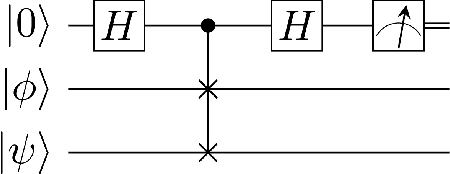Quantum Computing Methods for Supervised Learning
Paper and Code
Jun 22, 2020
The last two decades have seen an explosive growth in the theory and practice of both quantum computing and machine learning. Modern machine learning systems process huge volumes of data and demand massive computational power. As silicon semiconductor miniaturization approaches its physics limits, quantum computing is increasingly being considered to cater to these computational needs in the future. Small-scale quantum computers and quantum annealers have been built and are already being sold commercially. Quantum computers can benefit machine learning research and application across all science and engineering domains. However, owing to its roots in quantum mechanics, research in this field has so far been confined within the purview of the physics community, and most work is not easily accessible to researchers from other disciplines. In this paper, we provide a background and summarize key results of quantum computing before exploring its application to supervised machine learning problems. By eschewing results from physics that have little bearing on quantum computation, we hope to make this introduction accessible to data scientists, machine learning practitioners, and researchers from across disciplines.
 Add to Chrome
Add to Chrome Add to Firefox
Add to Firefox Add to Edge
Add to Edge